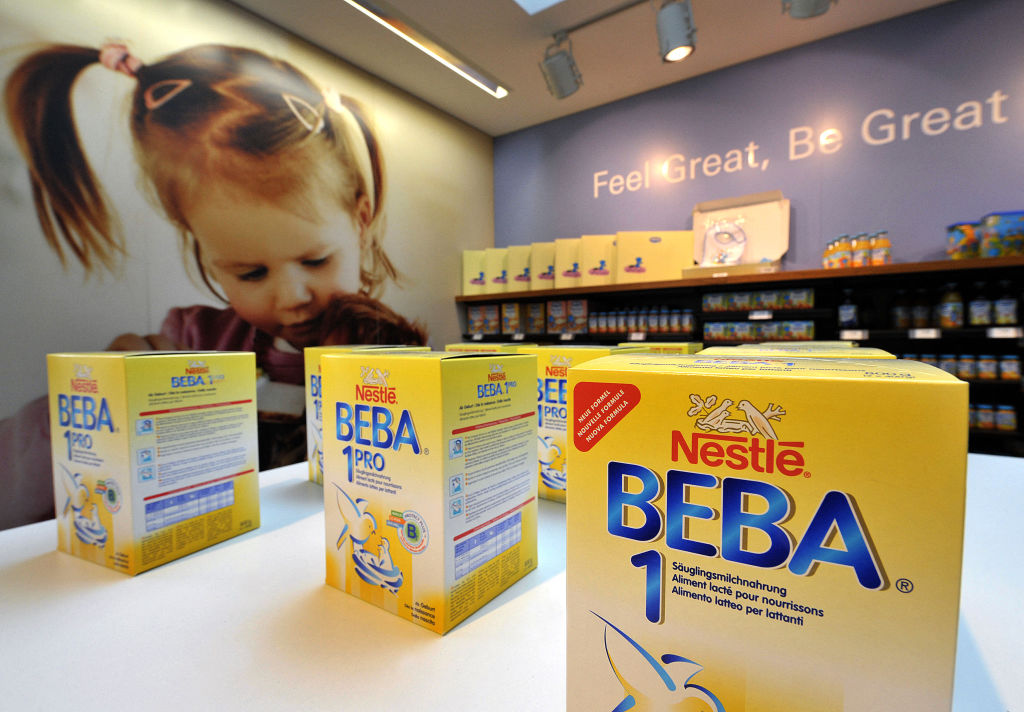- Saturday, July 27, 2024
An investigation has reported that the Swiss multinational adds sugar to kids’ milk sold in low-income nations such as India but not in its primary markets like Europe or the UK.

By: Shubham Ghosh
INDIAN food regulator Food safety and Standards Authority of India (FSSA) has launched an inquiry into the controversy that has erupted over the sugar content of products made by Nestle, a Swiss multinational food and drink processing conglomerate, sold in India.
It has been reported that the company adds sugar to kids’ milk sold in low-income nations such as India but not in its primary markets like Europe or the UK. The revelation came after Public Eye, a Swiss probe organisation, and the International Baby Food Action Network (IBFAN) sent samples Nestle’s baby food items marketed in regions such as Asia, Africa and Latin America to a laboratory in Belgium for testing.
In an expanding Indian market where the sales were more than worth $250 million in 2022, every Cerelac baby cereal variant contains supplementary sugar, averaging almost three grams per portion, the Economic Times said in a report.
The inquiry by Public Eye, which was revealed on Wednesday (17), pointed out that Cerelac wheat-based cereals made for infants ageing six months that Nestle retails in countries such as Germany, France and the UK do not contain added sugar. On the contrary, countries such as Thailand and Ethiopia see those products having six and over five grams of sugar, respectively, per serving.
Following the allegations, FSSAI said it is committed to carry out a thorough investigation into the matter and if the Swiss company is found to be at fault, it would take strong measures against the latter, the Economic Times report added. It also said that a committee will be set up to look into the case’s details as part of the investigation.
It is not the first time that Nestle has landed in trouble in India over the quality of its food items. In June 2015, FSSAI had ordered Nestle India Limited to withdraw all nine varieties of its Maggi noodles from the market, after calling them “unsafe and hazardous” for human consumption.
One of the reasons that were cited was the high content of lead.
Nestle responded to the charges saying it did not do any wrong. “We would like to assure you that our Infant Cerreal products, are manufactured to ensure the appropriate delivery of nutritional requirements such as Protein, Carbohydrates, Vitamins, Minerals, Iron etc. for early childhood,” news agency Asian News International quoted the company as saying.
It also said that it never compromises with the nutritional quality of its products and will not do it in future either. The company added that it constantly leverages its extensive Global Research and Development network to enhance its products’ nutritional profile.
Nigel Rollins, a scientist at World Health Organisation told Public Eye and IBFAN that “a double standard exists here that can not be rationalized”. He also said that Nestle’s alleged act of not adding sugar to the food commodities in Switzerland but doing it in places that are at economic disadvantages “poses challenges both in terms of public health and ethics”, the Economic Times report added.